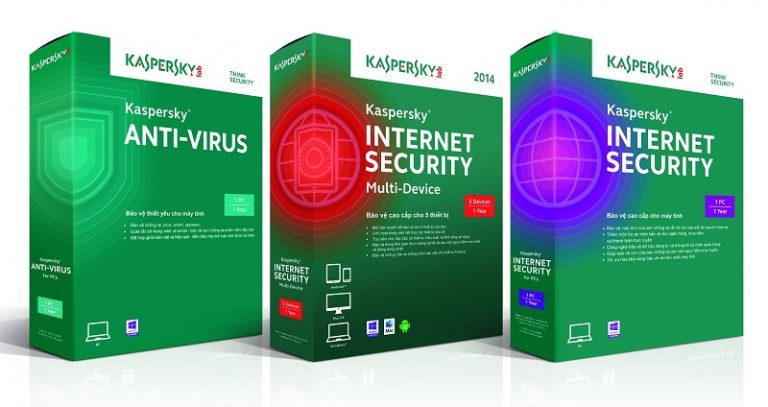
The House and Senate Armed Services Committees recently passed new legislation to prohibit the U.S. military from using any software developed by Moscow-based Kaspersky Lab, according to a report from NPR.
Kaspersky Lab is a multinational cybersecurity and anti-virus provider headquartered in Moscow, Russia. It develops and sells antivirus, internet security, password management, endpoint security, and other cybersecurity products and services. The cybersecurity firm is operated by holding company, Kaspersky Labs Limited, which is based in the United Kingdom.
U.S. lawmakers passed the measure because they believe that Moscow-based Kaspersky Lab has ties to the Russian spy agencies. Eugene Kaspersky, who founded the company in 1997 and now is the CEO, has ties to the Russian government. He studied at a KGB cryptography institute and served in the Soviet military.
According to the NPR report, Kaspersky Lab’s products are being used many state and local government entities including the Federal Bureau of Prisons.
When asked by Florida Republican Marco Rubio about Kaspersky Lab at a Senate Intelligence Committee hearing in May, six intelligence agency chiefs said that they aren’t comfortable with using a Kaspersky Lab software on their computers.
James Lewis, a cybersecurity expert at the Center for Strategic and International Studies, a nonpartisan Washington security-issues think tank, believes that the legislation barring the U.S. military from owning any product made by Kaspersky Lab is a right move.
Lewis said that Eugene Kaspersky served in the Soviet military and, ‘in Russia, there is a saying that “once you are a member of security service, you never leave.”
Kaspersky Lab told NPR that it rejects the legislation banning Pentagon use of its products.
“The company has a 20-year history in the IT security industry of always abiding by the highest ethical business practices,” a company said, adding that “Kaspersky Lab believes it is completely unacceptable that the company is being unjustly accused without any hard evidence to back up these false allegations.”
Rick Holland, who tracked Kaspersky for years at Forrester Research, said that Kaspersky is a good name in the cybersecurity community.
“I know many people that work there, I know many Americans that work there, so they’re thought very highly of,” Holland was quoted as saying by NPR. “But given the political climate, it’s kind of not surprising that you would see this come up again.”




